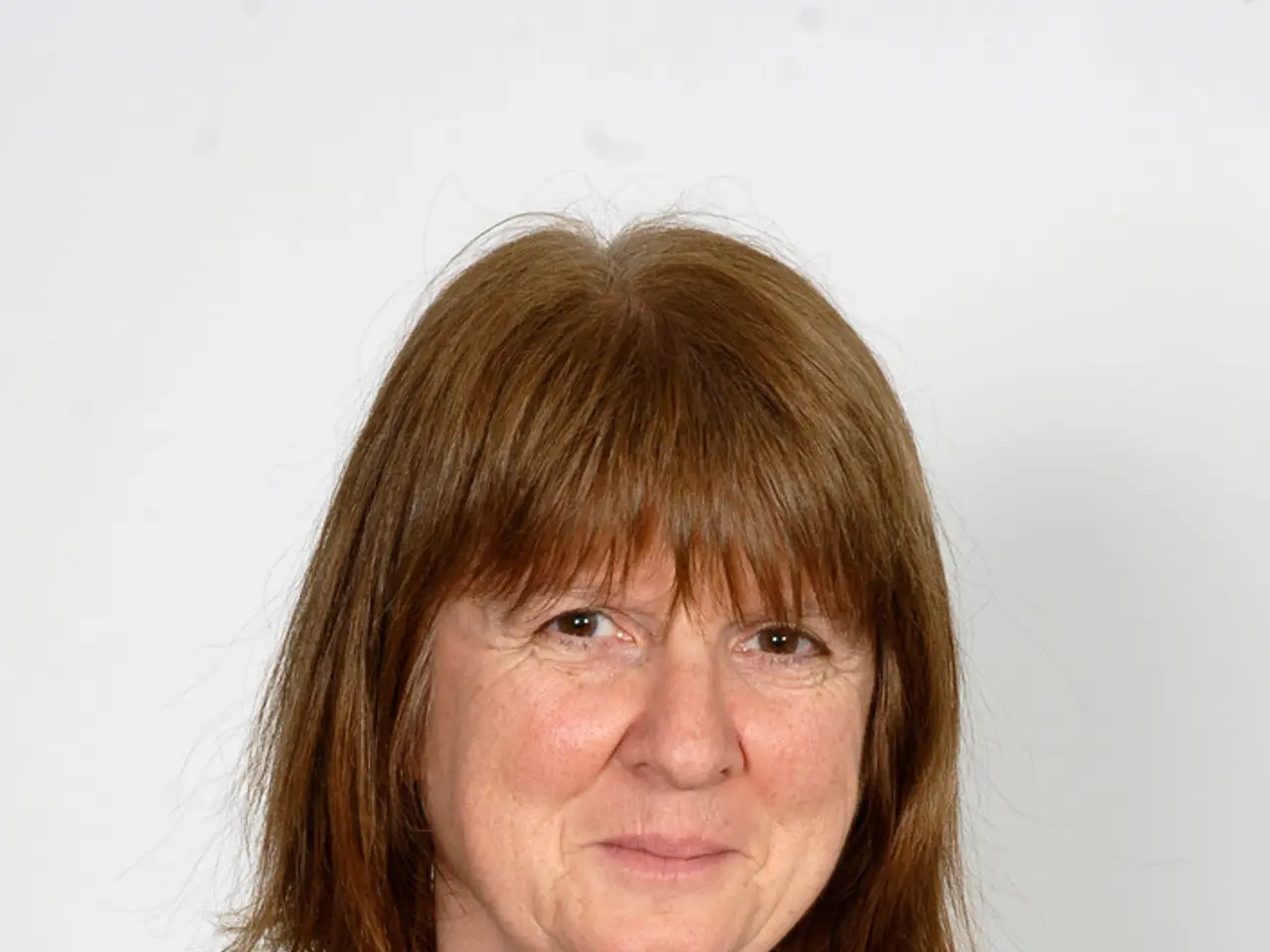Annie Malone's groundbreaking innovation in hair care products, specifically catered to black women, led to her achieving the status of one of the initial black female millionaires in America.
=====================================================================
Annie Turnbo Malone was a trailblazing figure in the beauty industry, becoming one of the first self-made Black female millionaires in the United States through her hair care products and cosmetics company. Born on August 9, 1869, in Metropolis, Illinois, to formerly enslaved parents, Malone's life was marked by resilience and determination[1].
Malone's fascination with Black beauty led her to create hair care products specifically tailored to the needs of African American women. In 1902, she moved to St. Louis, Missouri, to expand her business, eventually opening a store on Market Street where she emphasized the importance of scalp health[4][5].
One of her most notable inventions was the "Wonderful Hair Grower," a product designed to promote scalp health and hair growth[6]. Malone's door-to-door sales approach and her store in St. Louis allowed her to reach a wide clientele, significantly improving the hair care options available to African American women at the time[2].
In 1906, Malone copyrighted her beauty products as the "Poro Method," and in 1918, she opened the Poro College, the first cosmetology school in the United States to focus on Black hair care[3]. The college not only sold her products but also trained thousands of Black women in cosmetology, fostering entrepreneurship and financial independence within their communities[2].
Poro College students learned about scalp cleaning, hair growth, and other issues related to Black hair care. They also helped clients with specific goals such as growing hair or treating conditions like psoriasis[7]. Malone's shop attracted women with various hair problems, and one of her clients was C.J. Walker, who later became a successful entrepreneur herself[2].
Malone's Poro College also played a role in supporting other Black entrepreneurs. She hosted meetings of the National Negro Business League at the college, providing a platform for Black business owners to network and share ideas[8].
Despite her success, Malone's wealth dwindled over the course of her life, leaving her with just $100,000 to her name when she died. However, her legacy lives on. Every year in St. Louis, an Annie Malone parade is held to raise money for children's charities[9].
Malone's impact on the beauty industry, Black empowerment, and entrepreneurship cannot be overstated. She was a symbol of innovation, empowerment, and breaking racial and gender barriers in the early 20th century beauty industry[10]. Her story serves as a testament to the power of perseverance and the importance of creating products that cater to the unique needs of diverse communities.
References:
- Annie Turnbo Malone - Britannica
- Annie Turnbo Malone - History.com
- Annie Turnbo Malone - BlackPast.org
- Annie Turnbo Malone - Encyclopedia.com
- Annie Turnbo Malone - PBS
- Annie Turnbo Malone - The Knot
- Poro College - Encyclopedia.com
- National Negro Business League - Britannica
- Annie Malone Parade - St. Louis Magazine
- Annie Turnbo Malone - BlackPast.org (second reference)
- Annie Malone's Poro College, being the first cosmetology school in the United States to focus on Black hair care, was an essential platform for education and self-development, fostering the growth of the beauty industry, especially for African American women.
- Malone's financial success, achieved through pioneering hair care products and her cosmetics company, showcased the potential for business growth and entrepreneurship within the Black community, demonstrating a significant influence on lifestyle and culture.
- In addition to promoting fashion-and-beauty, Malone's contributions extend to history and culture as she paved the way for future generations by advocating for Black empowerment and breaking down racial and gender barriers in the business world, thereby leaving a lasting impact on American society.




